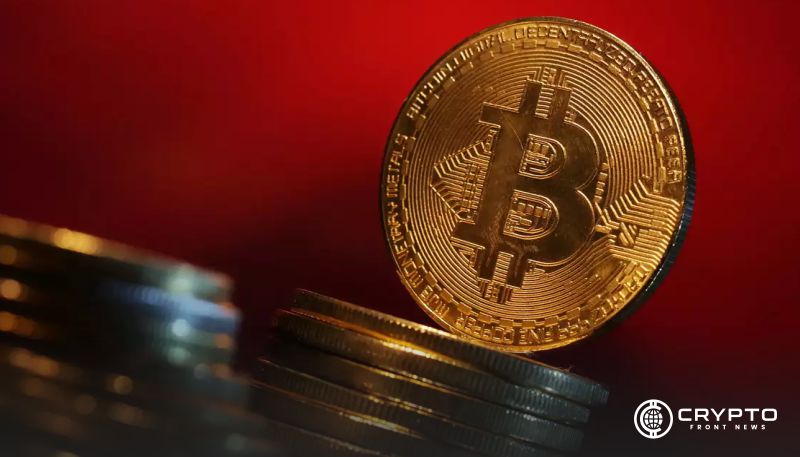- Germany plans the use of blockchain bonds as well as Bitcoin reserves, and cryptocurrency ETFs to bolster its standing in the new digital economy.
- Blockchain bond remains a focal policy priority for Germany’s stakeholders and efficient, transparent governance of its application remains a primary goal.
- These talks come after Germany sold a lot of its 2024 Bitcoin, showing it is constantly changing its approach to integrating cryptocurrency.
German policymakers are looking at measures that could help them integrate Bitcoin and establish a firmer place in the market of digital currencies. Some of these issues were a topic of debate at the Blockchain Roundtable held in the German Federal Parliament recently. Patrick Hansen, Senior Director of EU Strategy & Policy at Circle, shared these insights on X, revealing that strategic approaches for Bitcoin adoption were outlined.
Former Minister Highlights Blockchain Bonds
Christian Lindner, Germany’s former finance minister, proposed three critical strategies to integrate Bitcoin into the country’s financial framework. He emphasized issuing German government bonds on the blockchain, citing increased efficiency and transparency as significant advantages. Besides these benefits, adopting this approach could position Germany as a global leader in blockchain-based bond markets.
Another proposal discussed at the roundtable involved adopting Bitcoin as a strategic reserve asset. This aligns with a growing global trend where governments are exploring cryptocurrencies as a hedge against inflation and a store of value. Moreover, this step could elevate Germany’s position in the digital currency space while ensuring better financial resilience.
Additionally, Lindner suggested enabling Bitcoin exchange-traded funds (ETFs) across the European Union. This move would provide institutional and retail investors with regulated and accessible options, encouraging broader adoption of Bitcoin. Currently, the EU market lacks Bitcoin ETFs, relying instead on exchange-traded notes (ETNs) and commodities (ETCs). Introducing ETFs could significantly enhance liquidity and accessibility in the cryptocurrency market.
Reflecting on Past Bitcoin Sales
The roundtable comes months after Germany sold 50,000 BTC confiscated during the Movie2k piracy case. It may be said that one of the negative large-scale sales of bitcoins was held in July 2024 and it stimulated the BTC price reduction from $70000 to $56000. Though, subsequently Bitcoin has risen to $94,888.47 it seems to have not yet shifted from the trajectory of fighting to breach the $100,000 mark.
This active search for working with Bitcoin signifies that Germany has no intention of stepping out of the competition in the developing digitized economy. While the sale of seized Bitcoin in 2024 has attracted controversies, the current discussions are all about the flexible utilization of blockchain technology and cryptocurrencies strengthening the economic and financial fundamentals.






